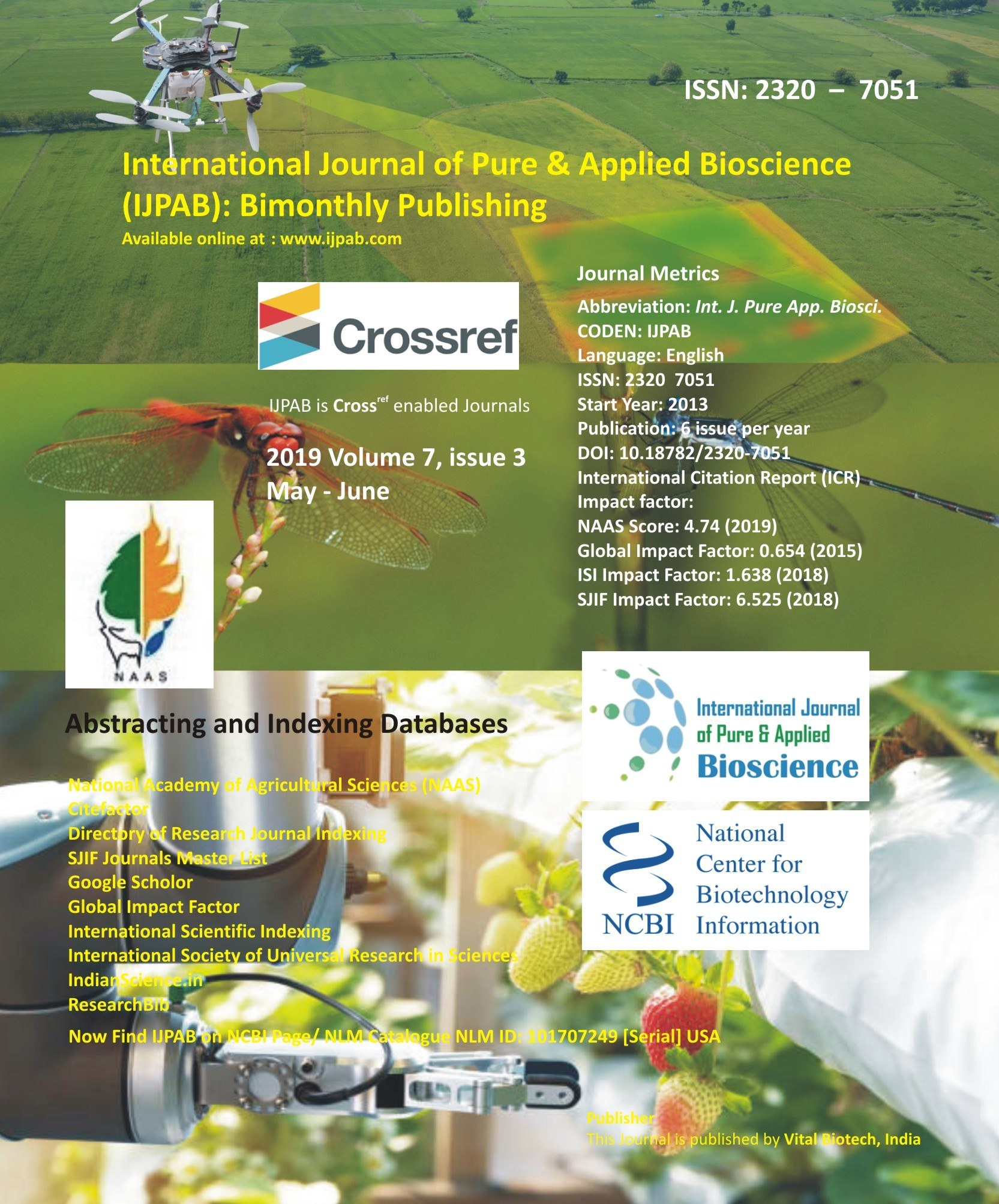
-
No. 772, Basant Vihar, Kota
Rajasthan-324009 India
-
Call Us On
+91 9784677044
-
Mail Us @
editor@ijpab.com
International Journal of Pure & Applied Bioscience (IJPAB)
Year : 2019, Volume : 7, Issue : 3
First page : (410) Last page : (418)
Article doi: : http://dx.doi.org/10.18782/2320-7051.7463
Production of Aqueous Extracts from High-Protein Rice and Evaluation of Its Extraction Methods on Quality of Rice Milk
Hemanth Kumar J., V. R. Sinija, S. Shanmugasundaram, S. Bhuvana and Vincent Hema*
Indian Institute of Food Processing Technology, Pudukkottai Road, Thanjavur-613 005, Tamil Nadu, India.
*Corresponding Author E-mail: mariagorretti@iifpt.edu.in
Received: 29.04.2019 | Revised: 26.05.2019 | Accepted: 6.06.2019
ABSTRACT
Lactose intolerance and cow milk protein allergy after the consumption of dairy milk lead a huge demand in the plant based milk in the present era. Cereals and oilseeds have shown a great concern towards this sector due to its versatile nutritional profile. Therefore, this study was aimed to utilize the high-protein rice for extraction of plant milk. The rice to water in the ratio of 1:5 w/v was prepared for extraction of milk by cold extract, hot extract, mashing, enzymatic method and their nutritional, biochemical properties were determined which was compared to other plant based milk and dairy milk. The aqueous extract from high-protein rice by the enzymatic method showed smaller particle size of 1157±14nm compared to mashing 1356±35nm and cold extract 1945±13nm. The protein retention and the starch breakdown were high in rice milk extracted by enzymatic method. Protein content in rice milk was high 6.83% in enzymatic method compared to mashing 6.3% and conventional 6.49%. The sensory evaluation shows that samples produced using enzyme had a higher preference for taste, flavour and acceptability because this method reduced the raw flavour compound ‘octanal’ in rice. Proximate analysis showed that high-protein rice will be the good source for plant milk and better substitute to cow milk compared to millet milk and coconut milk.
Key words: Lactose intolerance, High-protein rice, Aqueous extract, Alpha amylase, Particle Size
Full Text : PDF; Journal doi : http://dx.doi.org/10.18782
Cite this article: Hemanth, K.J, Sinija, V.R., Shanmugasundaram, S., Bhuvana, S., Hema, V., Production of Aqueous Extracts from High-Protein Rice and Evaluation of Its Extraction Methods on Quality of Rice Milk, Int. J. Pure App. Biosci.7(3): 410-418 (2019). doi: http://dx.doi.org/10.18782/2320-7051.7463

